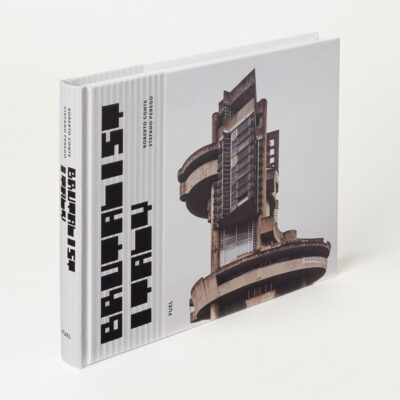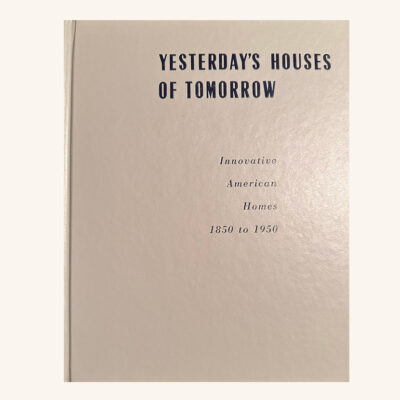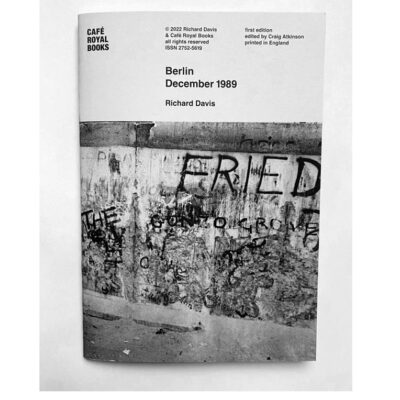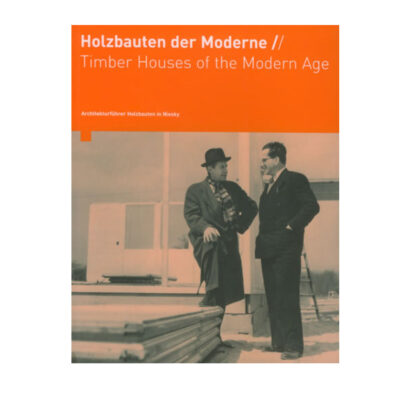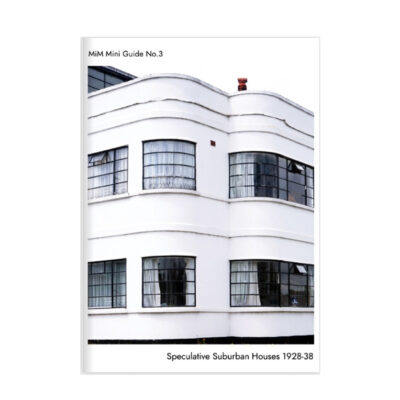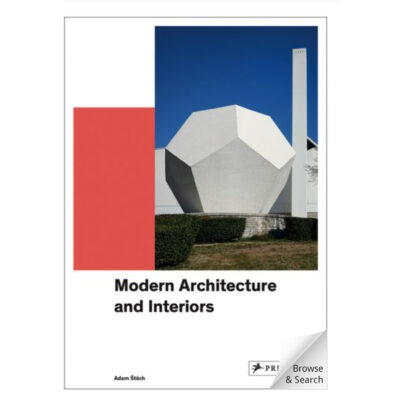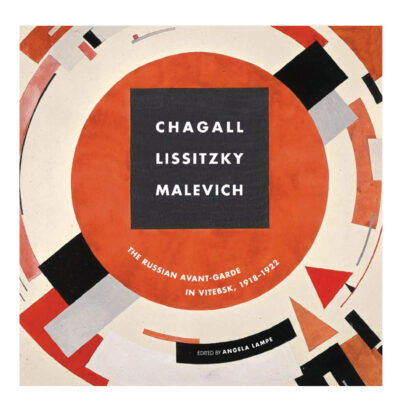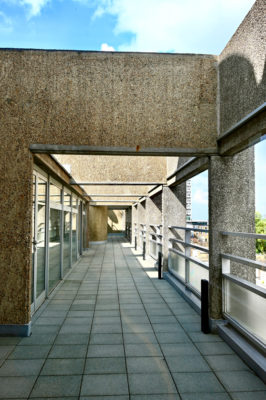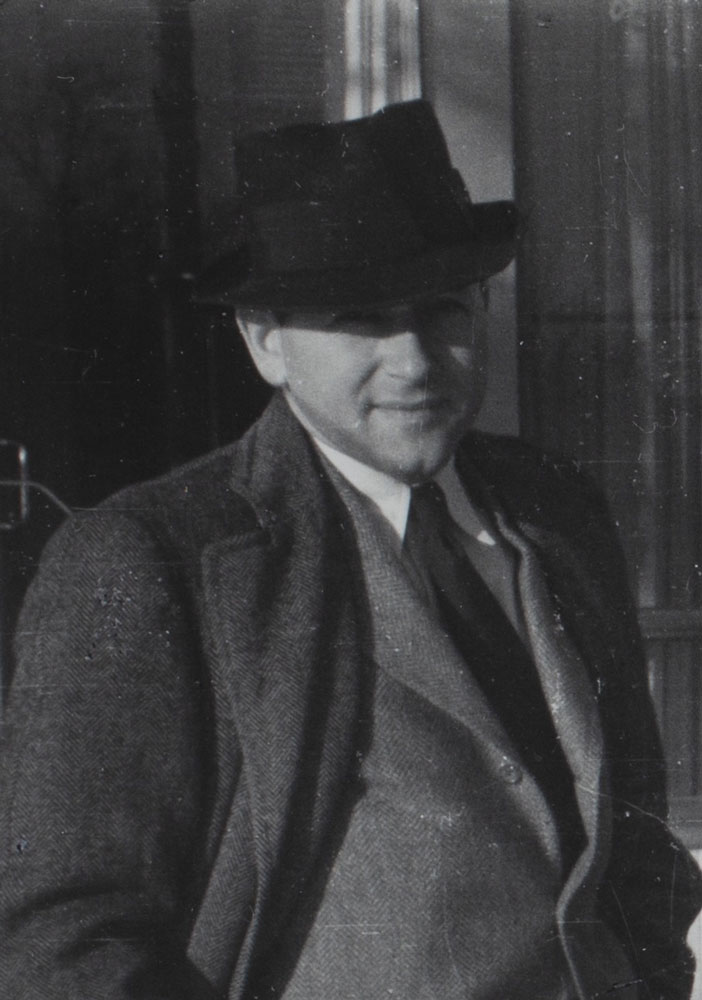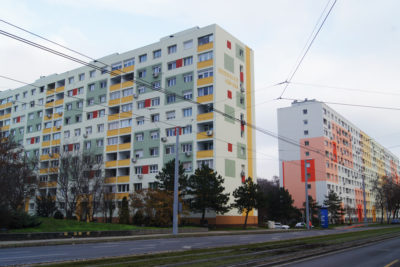László Lauber
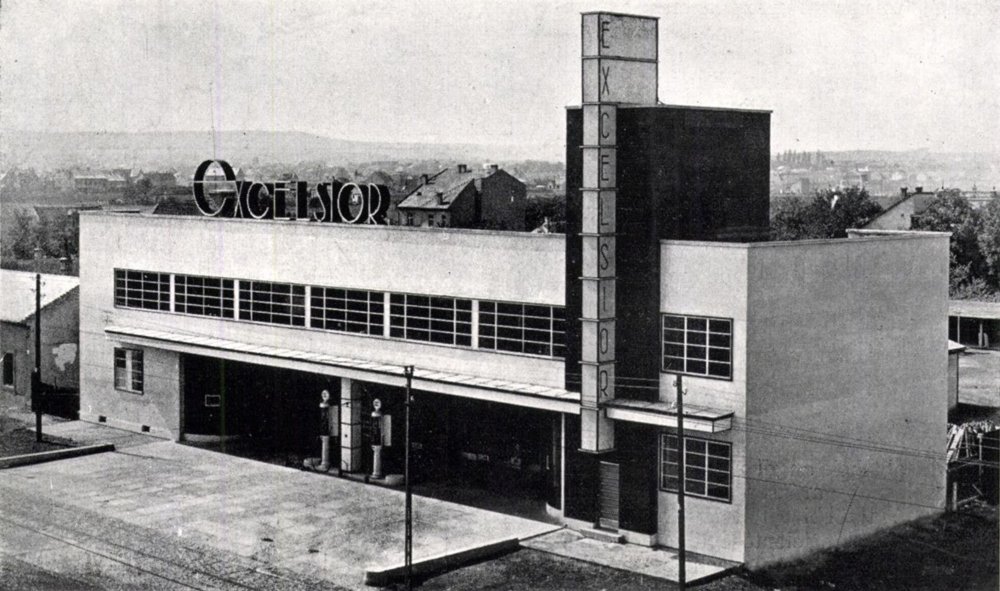
Excelsior autószerviz, Budapest, photographer unknown
Born in Pécs in 1902, in what was then the Austro-Hungarian empire, Lázló Lauber left his mark on Budapest, first in the interwar years together with his partner István Nyiri and later working in the state system.
Educated at the Josef Royal Technical University of Budapest, after graduating Lauber continued to work in the university where he first encountered and later collaborated with many of the key interwar years architects shaping Buda and Pest. He built a striking avantgarde garage, the Excelsior to much aclaim in 1930.
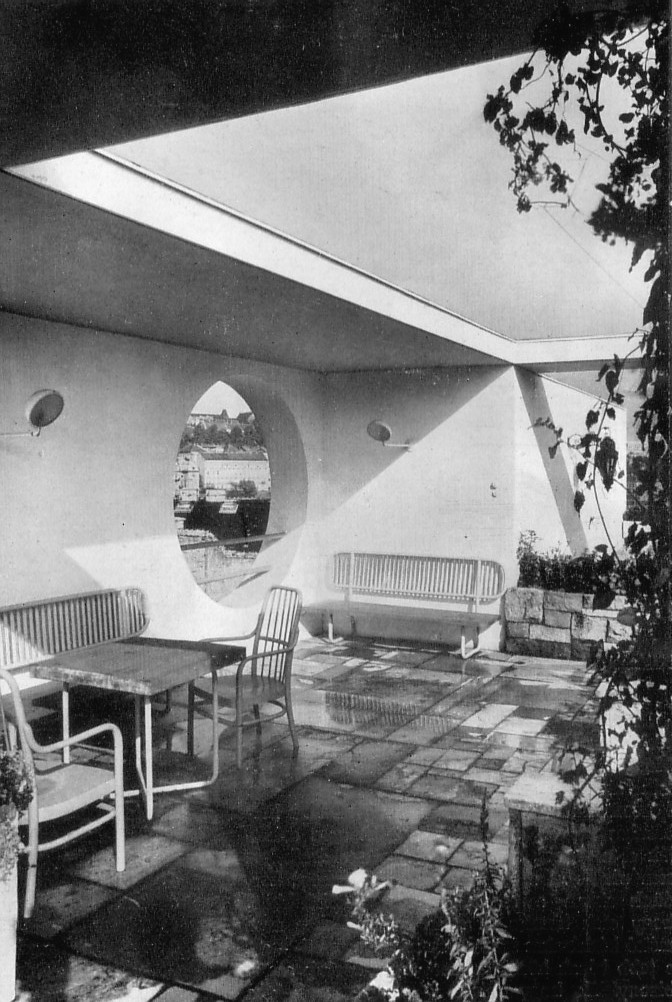
The rooftop of residential building Kék Golyó utca, Budapest 1934
In 1933, he opened a practice with István Nyiri; together, they made a formidable, talented, and creative team. Among notable works was a resort hotel in Pécs and a family home for Nyiri and the Budapest telephone factory in 1941.
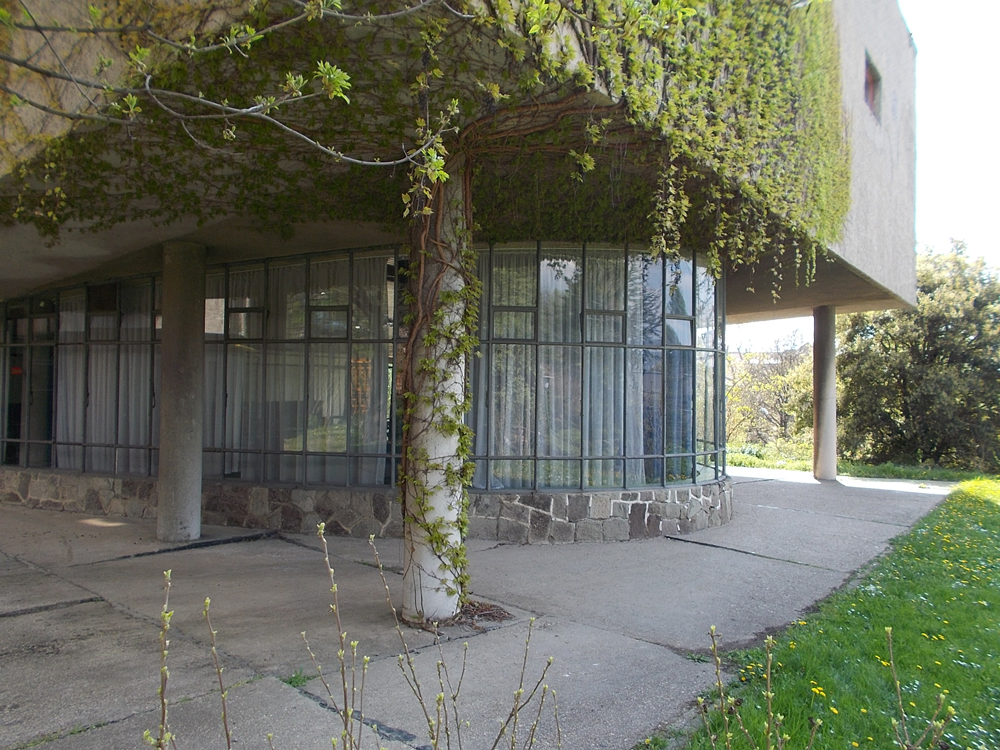
CUB A building Villányi Street, Budapest District IX, Hungary. Image CC BY SA 3.0 Image ‘globetrotter’
Victims of history, his collaboration with István Nyiri ended in 1944 when their office took a direct hit from a bomb.
Post-war, it took four years for the Communist Government to take full control of Hungary, but the changes were already set on a particular course at the end of the war. Lauber’s practice could not operate under the new regime. There was limited, if any, calling for avantgarde apartment blocks. He combined his role as part of a team tasked with rebuilding a devastated city that lay in ruins with teaching a new generation of architects at the university. His noted buildings included many state government structures; they included ministry buildings and the Faculty of Horticultural Science at the University of Gödöllő.
It took almost 50 years for him to be formally recognised for his achievements, he received a posthumous award for his contribution to architecture in 2010.
Lázló Lauber 1902-1953 Avantgarde architect





